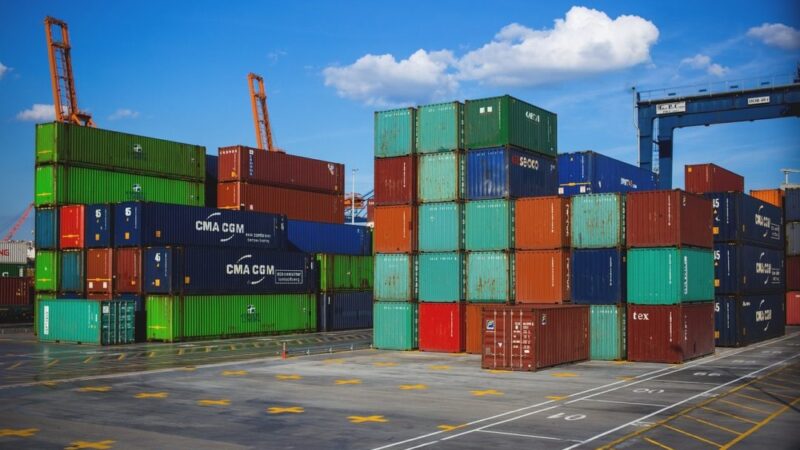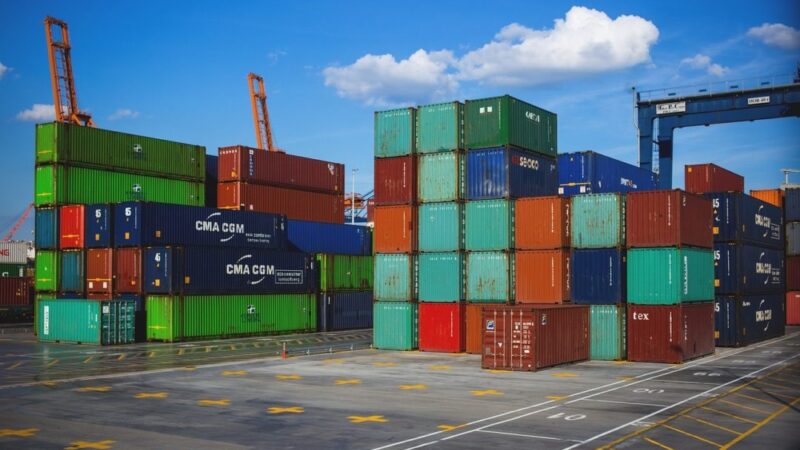How to Choose the Right Translation Company for Your Needs

Effective communication across languages is more crucial than ever in today’s globalised world. Whether you’re a business expanding into new markets, a legal firm handling international cases, or an author looking to publish worldwide, selecting the right translation company is essential for success. With many options available, how do you ensure that you choose the translation company best suited to your needs? This guide will help you navigate the decision-making process by highlighting key factors to consider when selecting a translation company.
Assessing Your Translation Needs
Before beginning the selection process, clearly defining your translation needs is vital. Understanding what you require from a translation company will streamline the search and ensure you find a partner who aligns with your goals.
- Type of Content to Be Translated
Different types of content necessitate varying levels of expertise. For instance, translating a legal document requires a company with expertise in legal terminology and a deep understanding of the law in both the source and target languages. On the other hand, marketing materials demand creativity and a nuanced understanding of cultural contexts to ensure the message resonates with the target audience. Clearly defining the type of content you need to be translated will help you narrow down companies that specialise in those areas.
- Volume and Frequency of Translation
Consider how much content you need to be translated and how often. If you have a one-time project, you might prioritise a company that offers quick turnaround times. Conversely, if you anticipate ongoing translation needs, look for a company that can scale with you and provide consistent quality over time.
- Target Audience and Languages
Identify the languages your content needs to be translated into and the target audience’s cultural context. Some translation companies specialise in specific language pairs or regions, which can be beneficial if your project requires a deep understanding of a particular culture. Additionally, consider whether the translation company has native speakers of the target language, as this can significantly impact the accuracy and cultural relevance of the translation.
Understanding the Range of Services Offered
Translation needs often extend beyond simple text translation. It is essential to choose a company that offers a comprehensive range of services to meet all your language requirements.
- Translation vs. Localisation
While translation focuses on converting text from one language to another, localisation goes a step further by adapting content to suit the cultural and linguistic nuances of the target audience. If your project involves software, websites, or marketing campaigns, consider a company that offers localisation services to ensure your content is culturally appropriate and effective in the target market.
- Additional Services
Consider additional desktop publishing, subtitling, or transcription services. Some translation companies offer these services, which can be beneficial if your project involves multimedia content. A single provider for all your language services can streamline the process and ensure consistency across all materials.
- Technology and Tools
Inquire about the translation company’s use of technology and tools, such as Computer-Assisted Translation (CAT) tools, Translation Memory (TM), and Terminology Management systems. These tools can improve efficiency, consistency, and accuracy, especially for large projects or ongoing translation needs. Additionally, ask if the company uses machine translation for certain types of content and how they integrate it with human translation to maintain quality.
Evaluating Cost and Turnaround Time
Cost and turnaround time are critical factors in the decision-making process. Balancing these elements with quality and service can be challenging, but it is essential to ensure that the translation company you choose meets your expectations.
- Pricing Models
Translation companies typically offer different pricing models, such as per word, per page, or hour rates. Understanding the pricing structure and what is included in the cost is essential. Some companies may charge extra for proofreading, rush delivery, or specialised translations. Request comprehensive quotations from several companies to evaluate and compare their costs and services.
- Turnaround Time
Discuss your timeline with potential translation companies to ensure they can meet your deadlines. Remember that high-quality translations take time, especially for complex or lengthy documents. However, many companies offer expedited services for an additional fee if you have a tight deadline. Make sure the company can deliver on time without compromising quality.
- Value vs. Cost
While it may be tempting to choose the lowest-cost option, it’s essential to consider the overall value. A higher price may be justified if the company offers industry-specific expertise, advanced technology, or comprehensive services. Ultimately, the goal is to find a translation company that provides the best balance of cost, quality, and service for your specific needs.
Conclusion
Selecting the appropriate translation company is a crucial decision that can profoundly influence the success of your project. You can make an informed choice by thoroughly assessing your needs, evaluating the company’s expertise and experience, understanding the range of services offered, and carefully considering cost and turnaround time. This company will deliver accurate and culturally appropriate translations and become a valuable partner in your global communication efforts.



